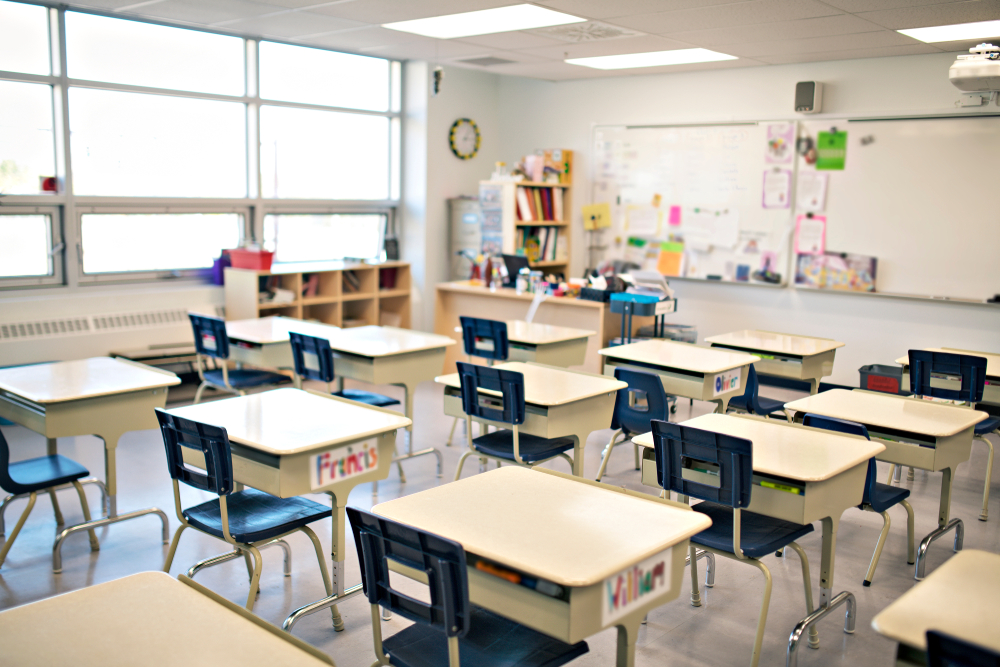A special BBC report by two young reporters shed light on AI’s role in young people’s educations.
Speaking to the BBC reporters Theo and Ben, one student recounted their experience using ChatGPT for an urgent geography assignment, “A geography assignment was due next period and I used ChatGPT to write out the whole speech for me. When I was saying it out loud and I got asked questions I had no clue what I was saying. I got a detention.”
Highlighting AI’s capability to clarify and simplify, another student shared, “I didn’t know what the question meant… so I put in ChatGPT and it just simplified it.” This response demonstrates how AI can act as a valuable resource in demystifying complex queries.
A third student said AI can step in to help with learning, “When you’re doing homework, there’s no teacher in the classroom. It’s like a teacher when you’re at home.”
All interesting points – points that reveal AI’s ability to both enrich learning and detract from it.
Through their investigation, Theo and Ben organized an anonymous survey within their form groups. Out of 33 participants, a staggering 31 confessed to utilizing AI in their academic endeavors, with 27 advocating for AI education in schools.
Most interviewed students had interacted with ChatGPT, employing it for idea generation, research, and improvement in assignment structuring and phrasing.
Nonetheless, a few admitted to using it as a means to cheat.
A balanced approach was highlighted by a student who stated, “You can get a really structured answer from the likes of ChatGPT and then back that up with other extended research.” That is precisely how AI developers intend it to be used, but of course, that isn’t always the case.
It’s not all sunshine and roses, though. One investigation revealed a huge range of YouTube channels publishing AI-generated content touting misinformation, most aimed at kids. Some channels pushed ideas like the pyramids being built by aliens.
For those who do use AI to help them pass their exams, don’t bank on it. ChatGPT only beat humans in nine of 32 topics in one test, and its math skills have been exposed as woeful.
Meanwhile, students and teachers don’t always agree on AI, with teachers often denouncing its use and students promoting it.
However, you’ve got to say that totally eliminating technology from the classroom is unrealistic, so attention is shifting to teaching children how to use it properly.
Additionally, some have highlighted that AI’s impact on children was flown under the radar, particularly where it risks inflicting harm through disinformation and deep fakes.
Schools will need to address the rise of AI in education, ensuring that students are not only aware of its capabilities but are also equipped to use it ethically and effectively.





